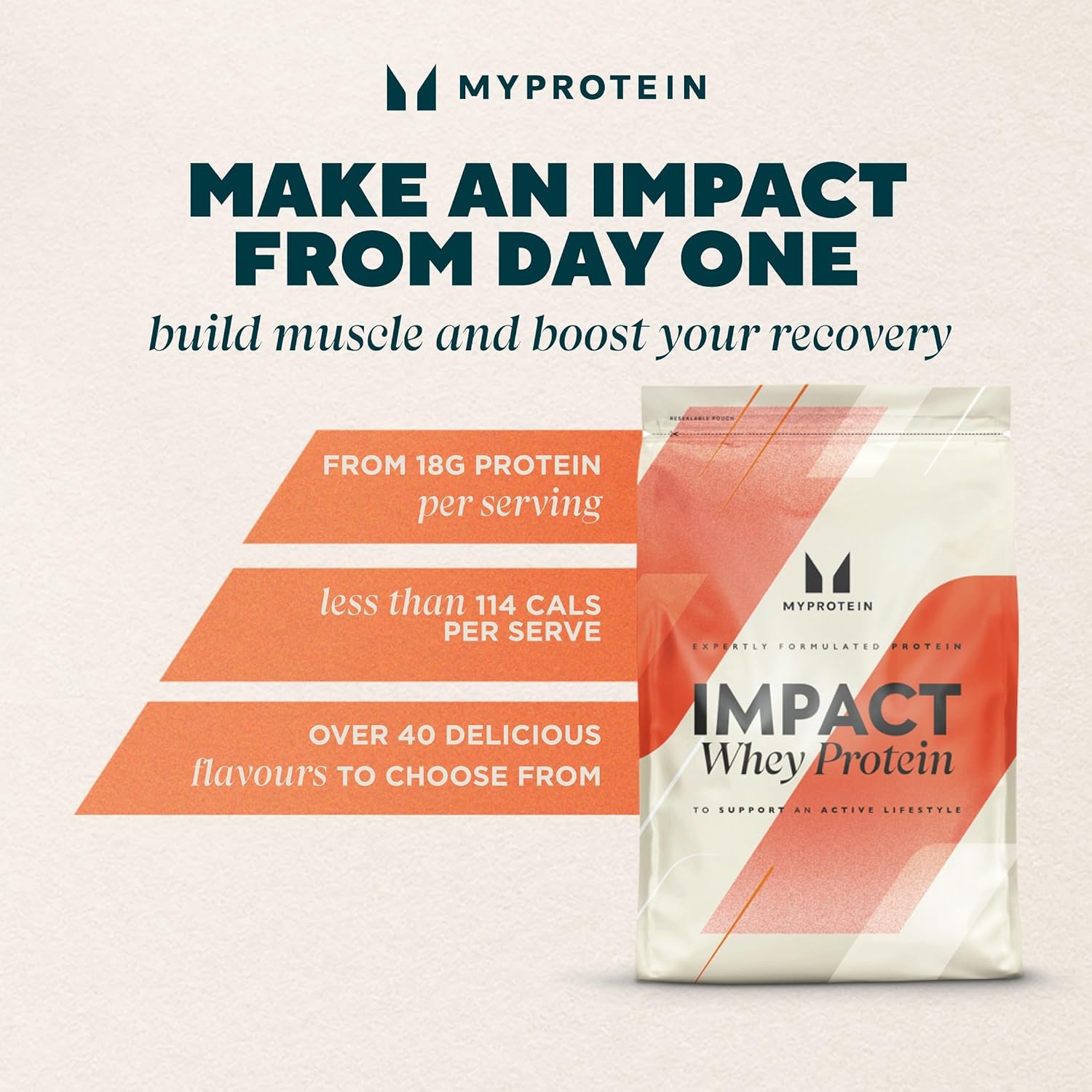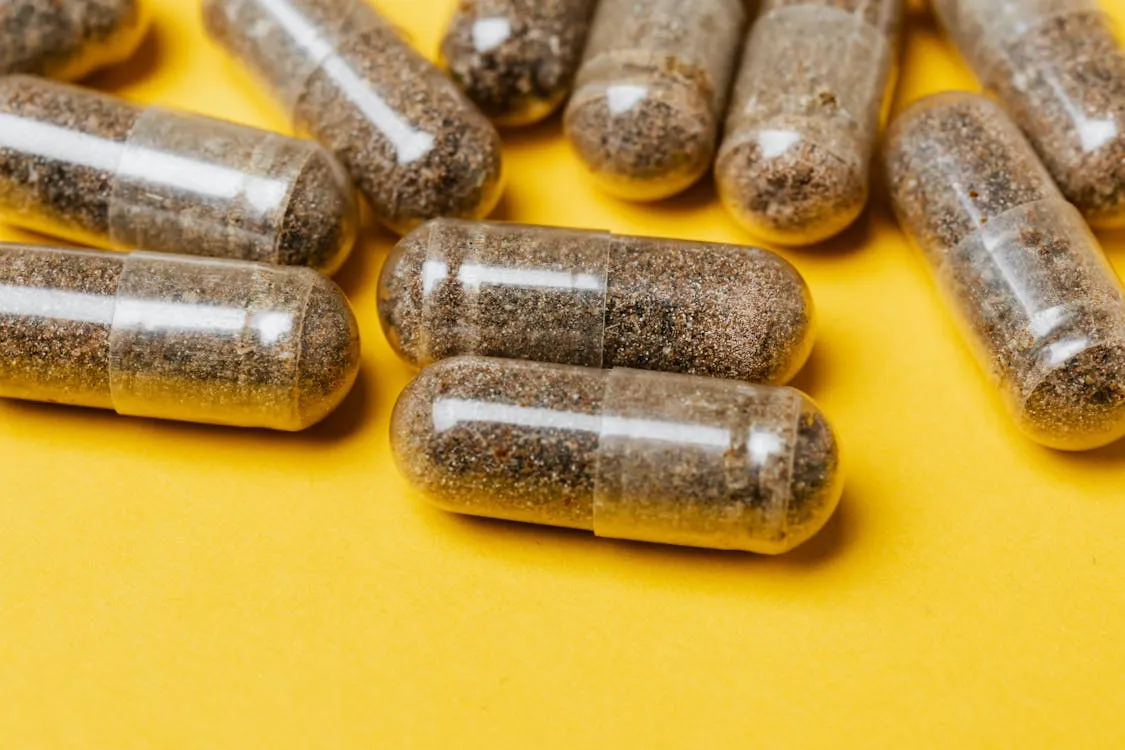In the pursuit of muscle growth, countless individuals hit the gym, tweak their diets, and search for that extra edge to maximize results. Supplements have become a cornerstone for many fitness enthusiasts, but with the overwhelming options on the market, it’s crucial to focus on science-backed choices. This article delves into the top 10 supplements for muscle growth that are supported by research, helping you make informed decisions.
What Are Supplements, and Why Do They Matter?
Supplements are concentrated sources of nutrients designed to complement your diet and enhance specific aspects of health or performance. In muscle building, supplements can:
- Accelerate recovery post-workout.
- Enhance strength and endurance.
- Optimize muscle protein synthesis.
While supplements can’t replace a balanced diet or consistent training, they can amplify your efforts when used correctly.
The Science of Muscle Growth
Muscle growth, or hypertrophy, occurs when muscle fibers repair themselves after being stressed during exercise. The process is heavily influenced by:
- Muscle Protein Synthesis (MPS): The body’s process of building new muscle proteins.
- Nutrition: A diet rich in protein, carbohydrates, and healthy fats is essential.
- Recovery: Rest and sleep play a critical role in allowing muscles to repair and grow.
Supplements aim to optimize these factors, making it easier to achieve your fitness goals.
Top 10 Supplements for Muscle Growth
- Creatine Monohydrate
- Benefits: Increases strength, power, and muscle mass by enhancing energy production in muscle cells.
- Dosage: 3-5 grams daily, ideally post-workout.
- Scientific Backing: Numerous studies confirm its effectiveness, making it one of the most researched supplements.
- Whey Protein
- Benefits: A fast-digesting protein source that boosts muscle recovery and growth.
- Dosage: 20-30 grams post-workout or as needed to meet protein goals.
- Scientific Backing: Whey has a high biological value and contains all essential amino acids.
- Branched-Chain Amino Acids (BCAAs)
- Benefits: Reduces muscle soreness and supports muscle protein synthesis.
- Dosage: 5-10 grams before or after workouts.
- Scientific Backing: Particularly beneficial for individuals with low dietary protein intake.
- Beta-Alanine
- Benefits: Delays muscle fatigue by buffering acid buildup during intense exercise.
- Dosage: 2-5 grams daily.
- Scientific Backing: Proven to enhance endurance and high-intensity performance.
- Fish Oil (Omega-3 Fatty Acids)
- Benefits: Reduces inflammation, aids recovery, and improves joint health.
- Dosage: 1-3 grams of EPA and DHA combined daily.
- Scientific Backing: Omega-3s have been shown to support overall muscle recovery.
- Vitamin D
- Benefits: Supports muscle strength, immunity, and bone health.
- Dosage: 2,000-5,000 IU daily, depending on deficiency levels.
- Scientific Backing: Strong correlation between optimal vitamin D levels and muscle performance.
- ZMA (Zinc, Magnesium, and Vitamin B6)
- Benefits: Enhances recovery, improves sleep quality, and supports testosterone production.
- Dosage: Follow the label instructions, typically taken before bedtime.
- Scientific Backing: Zinc and magnesium are critical for muscle repair and hormone regulation.
- HMB (Beta-Hydroxy Beta-Methylbutyrate)
- Benefits: Prevents muscle breakdown and promotes recovery.
- Dosage: 3 grams daily, split into three doses.
- Scientific Backing: Particularly effective for beginners or during periods of caloric deficit.
- Glutamine
- Benefits: Supports immune health and reduces muscle soreness.
- Dosage: 5-10 grams post-workout or before bed.
- Scientific Backing: Useful during intense training cycles or recovery from injury.
- L-Citrulline
- Benefits: Enhances blood flow, reducing fatigue and improving endurance.
- Dosage: 6-8 grams, 30 minutes before workouts.
- Scientific Backing: Promotes nitric oxide production, improving workout performance.
How to Choose the Right Supplement for You
- Identify Your Goals: Are you aiming for strength, endurance, or recovery?
- Consider Your Diet: Supplements should fill gaps in your nutrition, not replace whole foods.
- Quality Matters: Look for reputable brands with third-party testing.
- Consult a Professional: Speak to a dietitian or trainer before starting any supplement regimen.
FAQs
- Are these supplements safe?
- Yes, when taken in recommended doses. Always consult a healthcare professional.
- Can supplements replace food?
- No, they are meant to complement a balanced diet.
-
Do I need all these supplements?
Not necessarily. Focus on your specific goals and budget.





